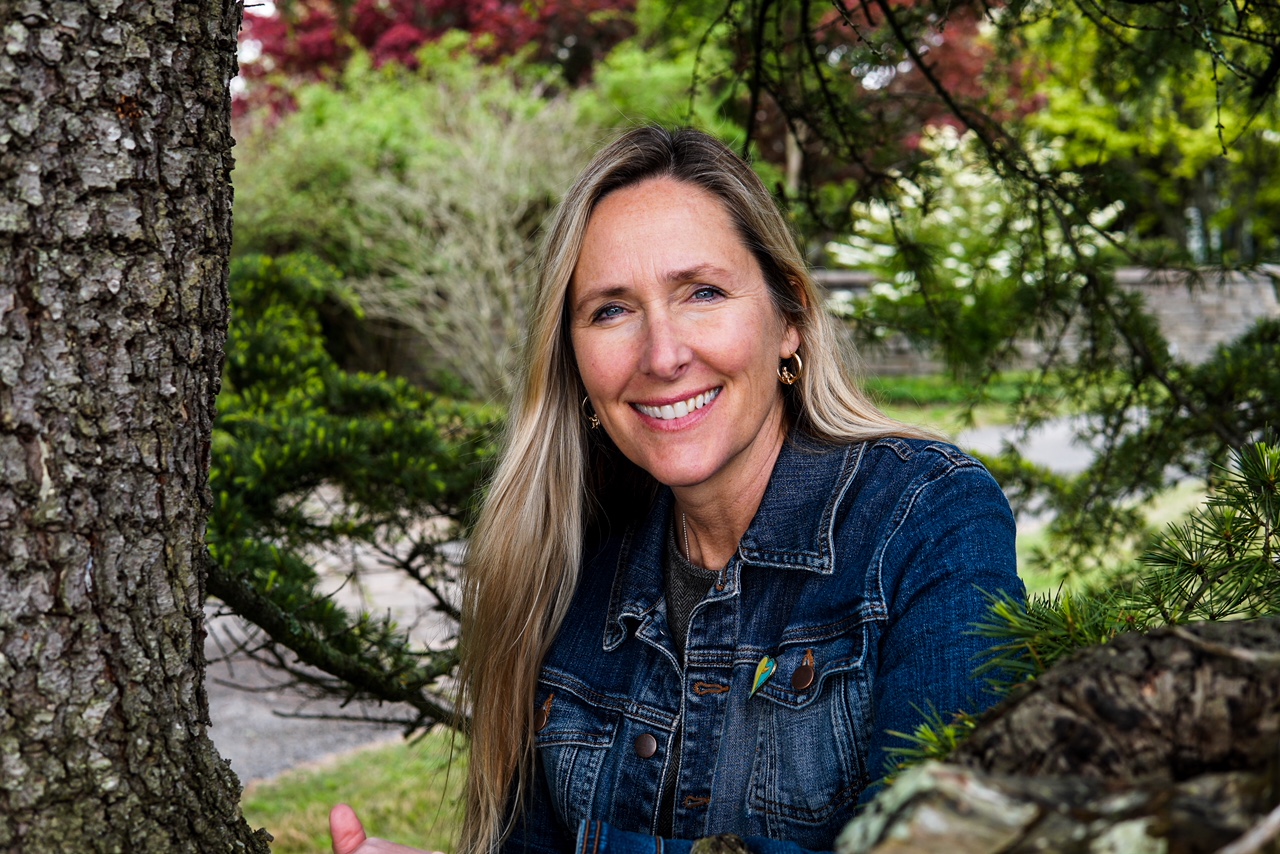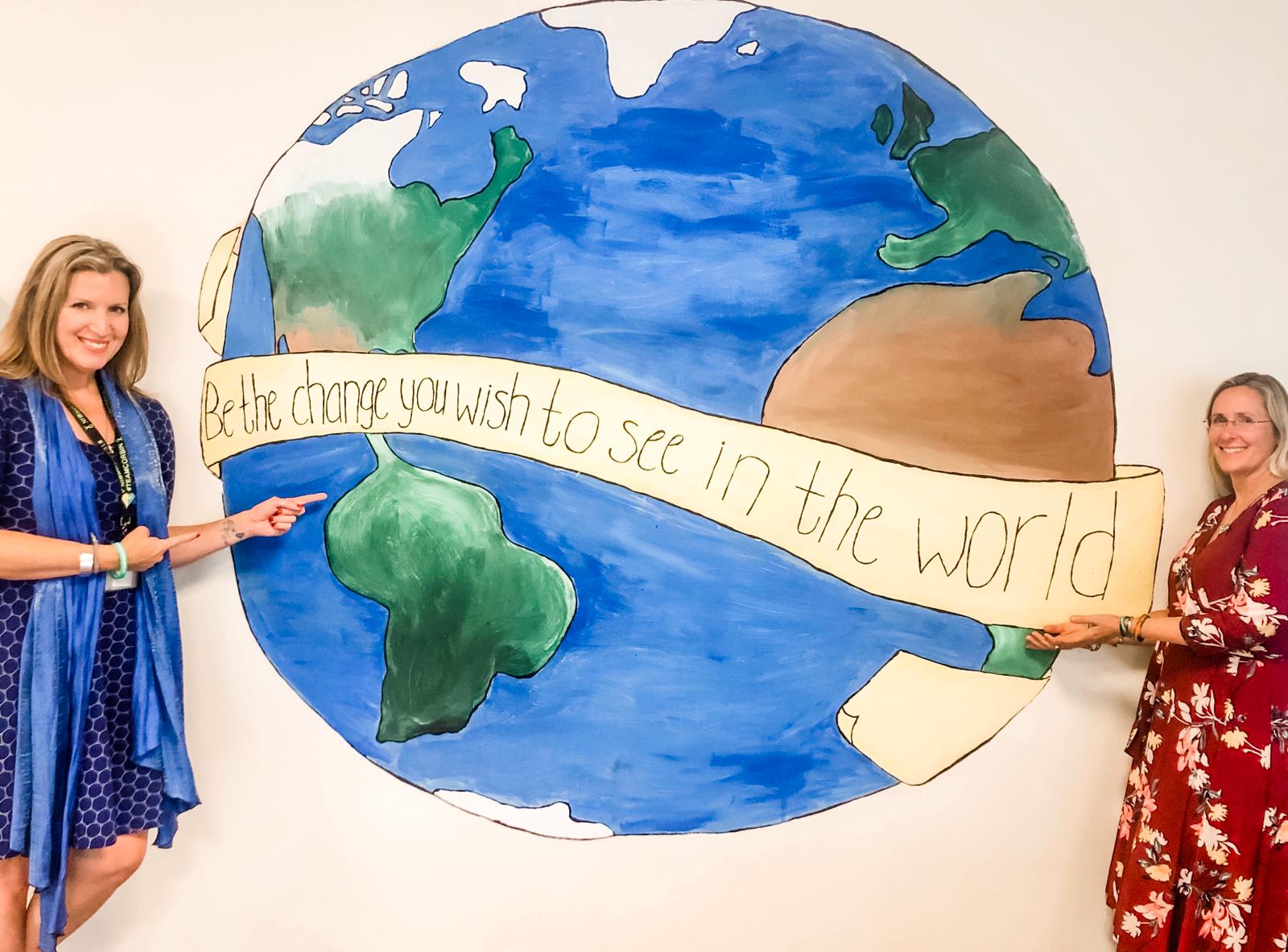Bad things happen to good people. I know. My six-year-old son was murdered by a former student in his first grade classroom at Sandy Hook Elementary School alongside 19 of his classmates and six educators. We read about those who die in countless natural disasters all over the world. Thousands of good people perished in the 9/11 attacks. The media shares headlines of brutality and destruction on a daily basis.
The labeling of good versus evil has helped us to categorize unspeakable horror in an attempt to make sense out of seemingly senseless atrocities. The Sandy Hook School shooter was categorized as evil. The terrorists that drove planes into the Twin Towers on 9/11 were also described as evil. This evil was fueled by hatred. Hatred’s fire is stoked by intense and prolonged anger. Anger is ignited by an underlying feeling such as fear, resentment, and blame. Indelible anger can inflame hatred which can lead to what we’ve deemed as ‘evil.’ This has led to indescribable acts of violence and destruction and will continue until we unpack this trajectory and focus on the cause.
The essence begins with unmitigated pain. Take the Sandy Hook School shooter for example. He was isolated, rejected, and bullied, most likely from kindergarten onward. This un-extinguished suffering negatively impacts us all because eventually this neglect can be acted out in rageful ways specifically intended to off put that pain and suffering onto as many others as possible. The resulting prolific fear dwells within us with lasting deleterious effects, physically, mentally, and emotionally. In other words, if we don’t attend to the initial suffering it has the potential to escalate into violence which ultimately affects us all.
One outcome of designating good versus evil is the ability to exonerate ourselves from responsibility. It creates a sense of us versus them. They are the evil ones and, of course, we are good. And that’s that. But how often do we go beyond the obvious and ask ourselves, why? What led the evil ones to do those indescribable acts of terror? Could they have been prevented? And, the toughest question of all, do I have some responsibility? Was there an action or inaction on my part that might have led directly, or indirectly, to the pain that ultimately caused the suffering that led to the heinous act? Who takes responsibility after the fact other than the perpetrator? Yes, of course, they are the ones that commited the crime but is there an underlying accountability of others that laid the path in advance? Perhaps these atrocities will continue, even escalate, until we all raise our hands and commit to being part of the solution.
Humans are born with a negative bias, a natural focus on what might harm us. This evolutionary tendency extends to the thoughts we think and even our memories. This natural propensity helps to keep us safe, but can lead to cynicism; even our penchant for either/or thinking and taking sides can be attributed to this predisposition. We’ve tried for decades to mitigate societal issues such as violence, substance abuse, suicide, and even bullying. However, our focus on the negative issues has only aided and abetted their growth. In some instances, we meet the issue with the same mentality — an eye for an eye or similar distorted reasoning.
‘Survival of the fittest’ is the best known slogan assigned to us as our evolutionary human nature. This term, incorrectly attributed to English naturalist, geologist, and biologist Charles Darwin, was not his conclusion. In the Descent of Man, Darwin deduced the species that will evolve successfully will be the ones that are the most ‘sympathetic’ to one another. By sympathetic he meant: altruistic, generous, and compassionate. This makes common sense. We survive, and even thrive, through healthy relationships, meaningful connections, and dare I say it? Love. Without these, we suffer.
Does evil equate to suffering? Let’s consider the opposite — love. If you had a choice, which would you choose? Love is connection, gratitude, forgiveness, and compassion. Evil stems from prolonged anger, hatred, and violence. “People must learn to hate, and if they can learn to hate, they can be taught to love…” This is a perpetual truth stated by legendary civil rights leader Dr. Martin Luther King, Jr. We assume this is being done in our homes and communities. Far too often, however, the opposite is being cultivated through trauma and disconnection. It is necessary for our schools to pick up the slack. The want and need to love and be loved is what connects us all as human beings. When you are taught character social emotional development, you have the skills and tools to choose love. This is not an innate ability, it must be learned.
So I am for love (i.e. good), not against hate (i.e. evil). There is a difference. The latter is based on our negative bias and concentrates on what we don’t want. We know how that ends. What we focus on grows. Focusing on love gives us a goal to achieve, and it feels good. It leads to belonging, provides meaning and purpose in our lives, and guides us toward flourishing. It is actually a choice that we make, every day, from the time we wake up until we put our heads back on the pillow. Do I choose love or fear? This is a question we must each ask ourselves, each day, perhaps several times a day, that determines the outcome of every decision we make.
Love is a choice. And yes, love can be taught. In fact, it must be.


